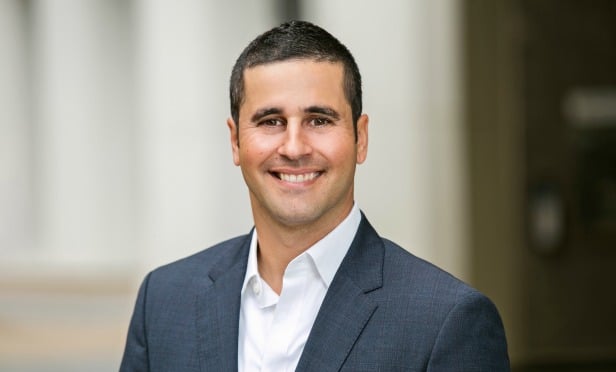 The senior housing market is seeing a boom. With the 65-plus demographic growing daily, many investors and developers are entering the senior housing space. While capital appetite for senior housing deals is healthy, senior housing is still considered a specialty market, and new entrants will have trouble landing capital sources.
The senior housing market is seeing a boom. With the 65-plus demographic growing daily, many investors and developers are entering the senior housing space. While capital appetite for senior housing deals is healthy, senior housing is still considered a specialty market, and new entrants will have trouble landing capital sources.
“Capital availability is good. The caveat is that new entrants are going to have a relatively difficult time getting capitalized because of the nature of senior housing, especially when you get into the assisted living and memory care space, which is as much an operating business as it is a real estate business,” Shlomi Ronen managing principal at Dekel Capital, tells GlobeSt.com. “For those doing their first project, they are going to need to bring an existing equity relationship into the space or partner with someone that has experience on the operations side in senior housing.”
This is a dichotomy in the market, where there is both a plentiful capital supply and a high level of scrutiny on each deal. In addition, not all capital providers will consider senior housing opportunities. “From both a debt and equity perspective, this is a specialty item,” says Ronen. “There are people out there doing it, but it isn't as large of a group as the main asset classes, like apartments. The pool of capital for seniors housing is much narrower. Capital sources understand the challenges of operations and they want to make sure that they have an experience developer and operating team on board.”
However, the scrutiny comes with more medical- and operational-intensive management properties, like assisted living and skilled nursing. Active seniors housing and independent living have a larger pool of capital. “Active seniors housing is essentially multifamily with more activities,” says Ronen. “The same goes for independent living.”
Despite the challenges, Ronen says that he has seen significant new entry into the market. “We are seeing people that have never done senior housing partnering with operators and building divisions around senior housing,” he says. “There is a lot of activity and new entrants into the market. That has resulted in some markets being oversupplied.”
The activity has actually led to an oversupply issue in certain markets. Ronen points out Salt Lake City and Dallas as cities with an oversupply of senior housing. In those markets, capital providers are also showing restraint. “If you have an oversupply issue, it is going to be very difficult for you to get financing,” he adds.
Want to continue reading?
Become a Free ALM Digital Reader.
Once you are an ALM Digital Member, you’ll receive:
- Breaking commercial real estate news and analysis, on-site and via our newsletters and custom alerts
- Educational webcasts, white papers, and ebooks from industry thought leaders
- Critical coverage of the property casualty insurance and financial advisory markets on our other ALM sites, PropertyCasualty360 and ThinkAdvisor
Already have an account? Sign In Now
*May exclude premium content© 2024 ALM Global, LLC, All Rights Reserved. Request academic re-use from www.copyright.com. All other uses, submit a request to [email protected]. For more information visit Asset & Logo Licensing.








